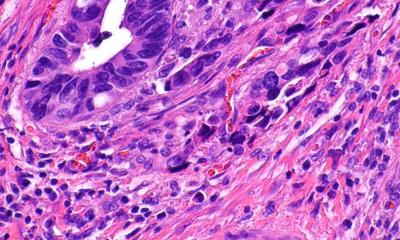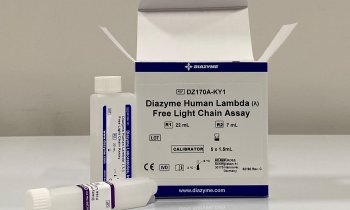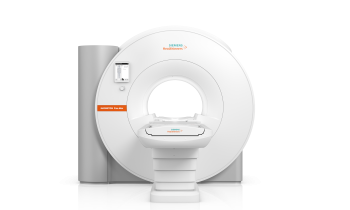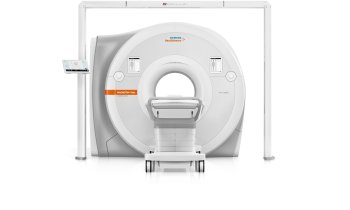News • Study shows benefits of earlier FIT
Colorectal cancer screening: 40 is the new 50
Amid the growing trend of colorectal cancer affecting younger populations, a new community-based study by National Taiwan University Hospital (NTUH) has confirmed that starting fecal immunochemical testing (FIT) between the ages of 40 and 49—rather than waiting until age 50—significantly reduces both the incidence and mortality of colorectal cancer.

Image source: NTUH
The research, published in the international journal JAMA Oncology, offers globally relevant evidence supporting earlier screening for colorectal cancer.
The study, led by Professor Han-Mo Chiu from the Department of Internal Medicine at NTU College of Medicine, in collaboration with Professor Hsiu-Hsi Chen of the NTU College of Public Health, analyzed screening data from over 500,000 residents aged 40-49 in Keelung and Tainan. Researchers tracked outcomes over a 17-year period using propensity score matching and advanced adjustment models, comparing individuals who began FIT screening in their 40s and continued after age 50 with those who started screening only at age 50.
The incidence rate of colorectal cancer in the early-screening group was 26.1 per 100,000 person-years—significantly lower than the 42.6 observed among those who began screening later. Mortality dropped from 7.4 to 3.2 per 100,000 person-years, representing a reduction of more than 50%. After adjusting for multiple factors, early screening was associated with a 21-25% lower risk of developing colorectal cancer and a 34-39% reduction in related deaths. Moreover, for every 1,548 individuals screened before age 50, one case of colorectal cancer was prevented—substantially more efficient than the 2,079 needed when starting at age 50.

Image source: NTUH
The study drew attention from international experts and was accompanied by an invited commentary by researchers from Harvard University in the same issue of JAMA Oncology, recognizing it as robust scientific evidence to guide colorectal cancer screening policies for younger age groups in the absence of randomized trials. The results align with the U.S. Preventive Services Task Force (USPSTF)’s 2021 recommendation to lower the screening age to 45 and suggest even greater benefits for East Asian populations through earlier detection.
Professor Han-Mo Chiu, who is also Director of NTUH’s Health Management Center, remarked, “This study demonstrates that initiating FIT-based screening earlier can significantly reduce both cancer incidence and mortality—especially impactful for individuals in their 40s, who represent a highly productive demographic.” Dr. Chiu emphasized that both men and women in Taiwan aged 40-49 now rank among the world’s top three in colorectal cancer incidence. He stated, “Taiwan should not wait for Western countries’ decisions before taking action—we need proactive, localized strategies.” He applauded the Health Promotion Administration’s decision to lower the screening age to 45 in 2025, calling it a timely and appropriate policy move.
Source: National Taiwan University Hospital
05.07.2025











